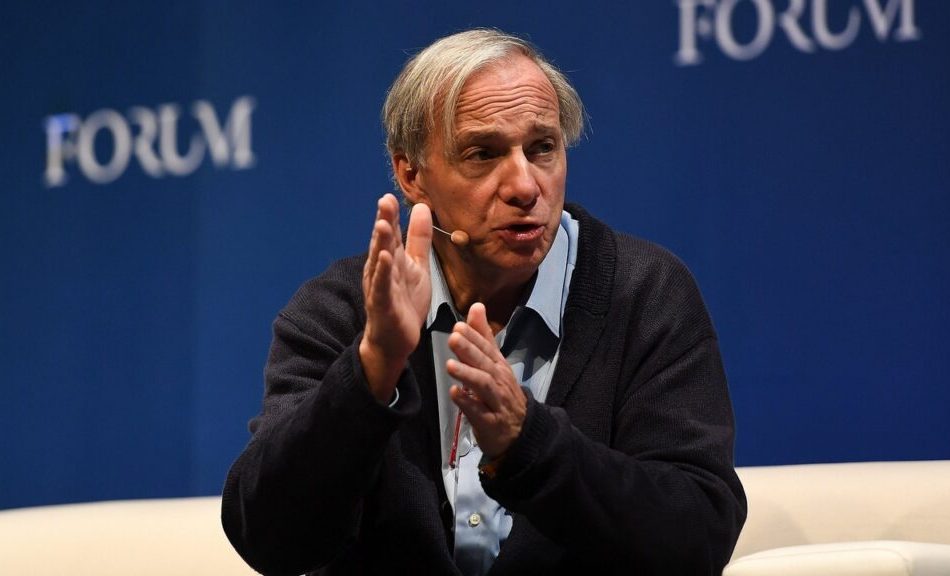Billionaire Ray Dalio Warns Fed Faces Tough Road Ahead Balancing Interest Rate Cuts And 'Enormous' US Debt Amid $1 Trillion In Interest Payments This Year
Billionaire investor Ray Dalio has highlighted the difficulties faced by the U.S. Federal Reserve as it navigates interest rate cuts amid a heavily indebted economy.
What Happened: On Thursday, Dalio the founder of Bridgewater Associates said that the Fed must balance keeping interest rates high enough to benefit creditors while not excessively burdening debtors, Dalio said in an interview with CNBC.
The central bank reduced the federal funds rate by 50 basis points on Wednesday to 4.75% to 5%, impacting banks’ short-term borrowing costs.
Dalio expressed concerns about the “enormous amount of debt” in the U.S. The government has spent over $1 trillion on interest payments for its $35.3 trillion national debt this year.
Despite these challenges, Dalio does not foresee a looming credit event but anticipates a significant depreciation in the value of debt through artificially low real rates. He warned that the path forward might involve monetizing the debt, similar to Japan’s approach, which could lead to depreciated currency values and lower bond yields.
“I see a big depreciation in the value of that debt through a combination of artificial low real rates, so you won’t be compensated,” Dalio said.
Dalio concluded by stating that he does not favor debt assets for his portfolio, preferring to underweight them, particularly bonds.
Why It Matters: The Federal Reserve’s recent rate cut marks the first reduction in more than four years. Federal Reserve Chair Jerome Powell defended the decision, emphasizing the need to support a strong labor market and prevent economic harm. Powell stated, “The time to support the labor market is when it’s strong, not when you begin to see layoffs.”
Furthermore, the rate cut’s implications extend to consumer financial products. The reduction could affect mortgage rates, credit card interest rates, and auto loan rates, potentially easing the financial burden on consumers.
However, the economic landscape remains complex. Jim Cramer noted that the rate cuts might not significantly benefit tech stocks, suggesting that the market had already anticipated this move.
Read Next:
Image via Wikimedia Commons/ Web Summit
This story was generated using Benzinga Neuro and edited by Kaustubh Bagalkote
Market News and Data brought to you by Benzinga APIs
© 2024 Benzinga.com. Benzinga does not provide investment advice. All rights reserved.


Leave a Reply